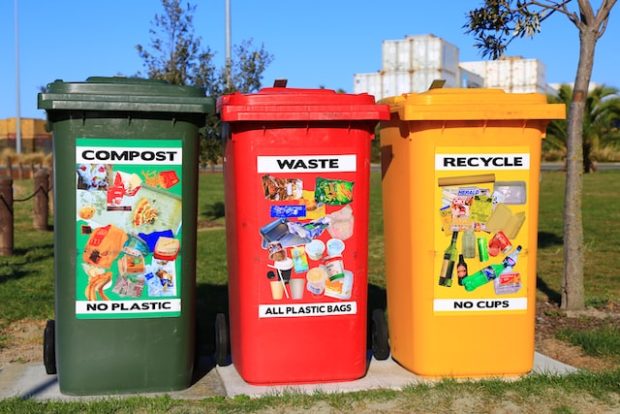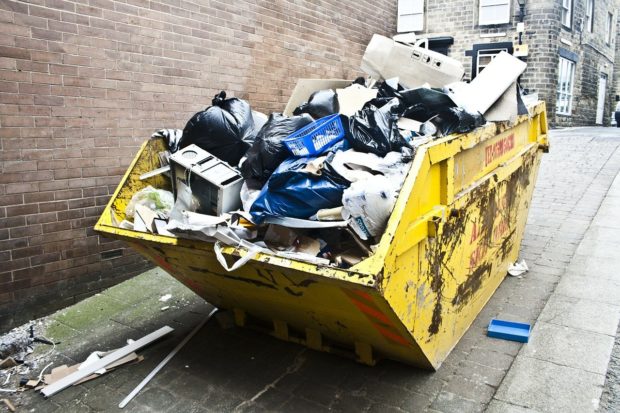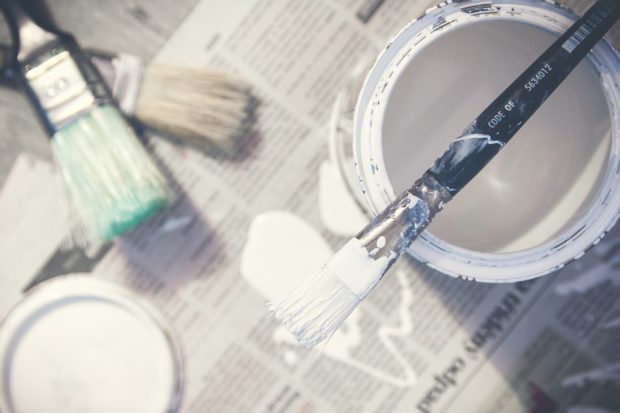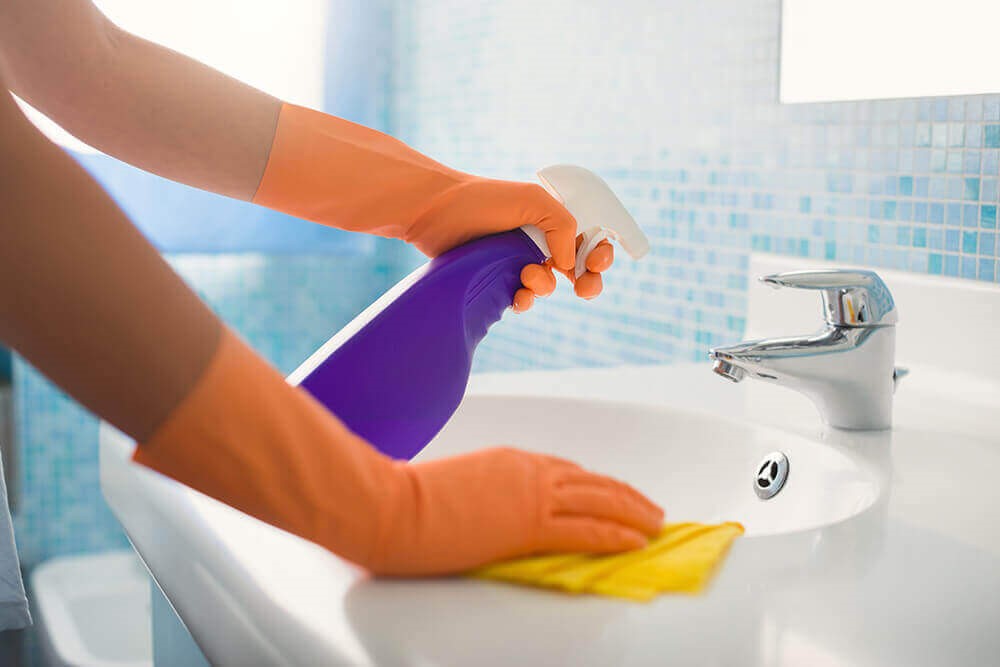Spring cleaning gives you the perfect opportunity to clear out the junk that takes up important space in your home. While you’ll love having your closets and cabinets cleaned out, you will need to figure out what to do with all the trash that your cleaning project generates. You’ll first want to begin by thinking about the types of rubbish you’ll find. Then, use these strategies to deal with each type effectively.
Check for Usable Items
Some of the items that you consider trash might be someone else’s treasure. Old clothing, kid’s toys, and small appliances are just a few potential items that someone might be happy to pick up. As you begin your project, keep an eye out for things that aren’t broken but may no longer fit your lifestyle. When you’re ready to get rid of them, check local donation centers to see if they’ll accept them or post an ad for them online letting people know that they’re available for free.

Sort Out Recyclables
Too often, people throw out things that could still be useful for creating new materials. Electronics can often be refurbished, or the components can be salvaged by recycling companies. The same is also true of clothing and certain types of plastic items. Checking with a nearby recycling center can help you sort out the items that still have some degree of usefulness for preserving natural resources.
Get the Rubbish Hauled Away
You can also bet that you’ll come across lots of items that no longer have any useful purpose. This is especially true if you have rubbish, such as furniture, that you’ve used until it reached the very last leg. Spring cleaning often generates a larger amount of trash than you might expect, and your regular garbage pick up company might not accept more than a bin or two. Arranging for a dumpster to be brought to your house makes it possible to toss all of the bulky trash out without having to worry about wasting time taking it to the dump yourself.
Safely Dispose of Hazardous Materials
As you clean, keep an eye out for trash that requires special handling. Hazardous waste, such as paint, batteries, and oil, should never be thrown out with regular trash. Instead, you might need to look for local facilities that handle waste from residential owners. For instance, your local auto part shop might take used motor oil. Or, your community service center might have special drop-off dates for paint and other hazardous items.
Before you start your spring cleaning, you’ll likely need to gather some supplies that include garbage bags and other essentials. As you do, remember to make arrangements for haul-away services along with finding where to take your hazardous materials. With these plans in place, you’ll be able to focus on cleaning so that your project gets done sooner.













